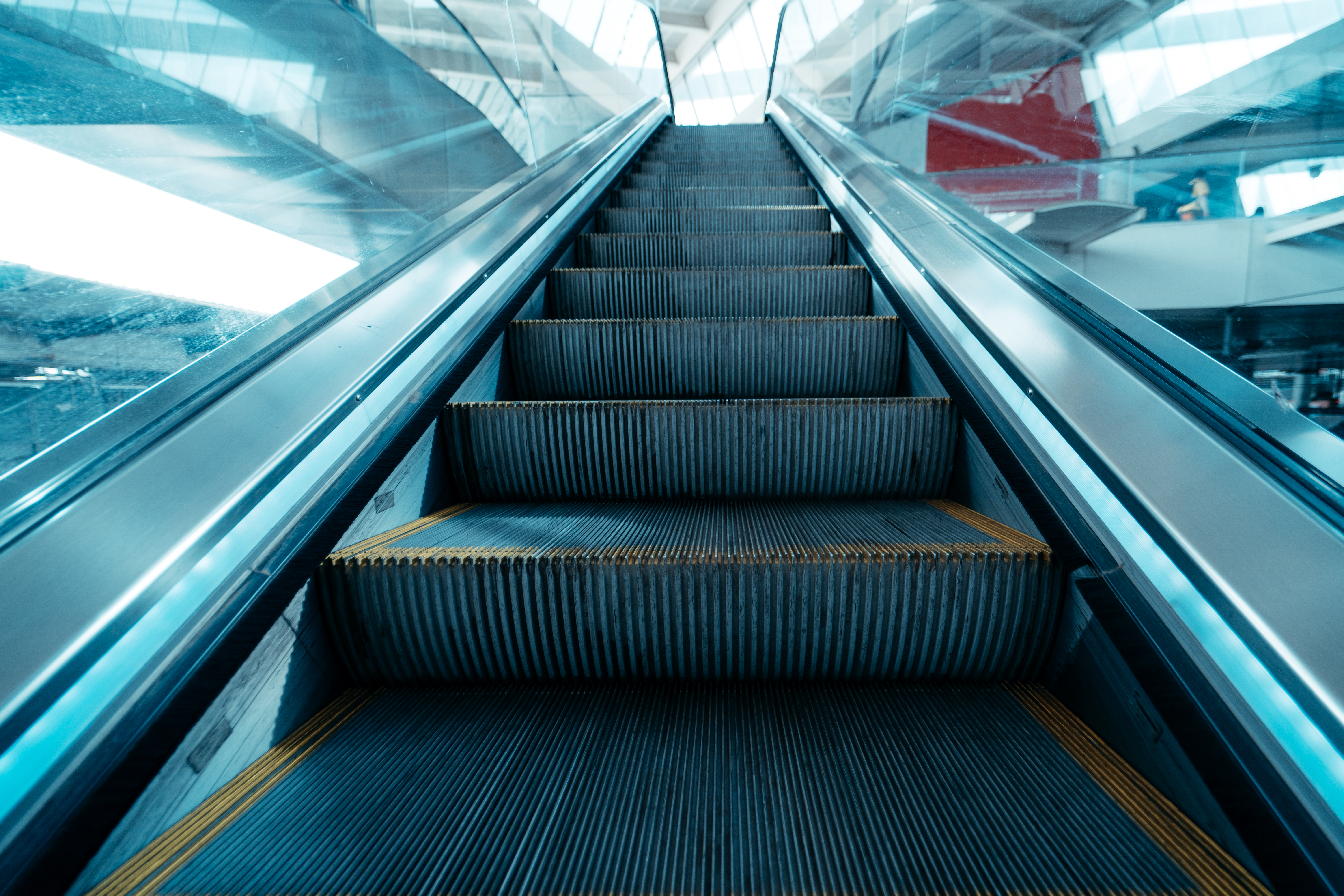For many recovering from COVID-19, the uncertainty surrounding whether they may have it a second time or are still testing positive from their previous infection can mark an added hurdle - and a lot of it may have to do with the type of test you're using.
While the highly contagious BA.5 variant has been making some stay positive for longer and shortened the window for potential reinfection, tests may not be the best way for determining if you're still infectious.
The Centers for Disease Control and Prevention notes that tests "are best used early in the course of illness to diagnose COVID-19 and are not authorized by the U.S. Food and Drug Administration to evaluate duration of infectiousness."
Still, the type of test also matters, according to Chicago Department of Public Health Commissioner Dr. Allison Arwady.
Feeling out of the loop? We'll catch you up on the Chicago news you need to know. Sign up for the weekly Chicago Catch-Up newsletter here.
"If it is a PCR test - one that you get at the doctor's office, one that you get at a testing center - that is not telling me anything except that you had COVID not that long ago," Arwady said during a Facebook Live Tuesday, adding that a PCR test "can stay positive for weeks sometimes after you've had COVID because it's so sensitive it can pick up even dead virus."
But what's different as BA.5 continues to spread is whether or not an at-home test can tell you if you are no longer positive.
"If it is a home test, we can't 100% know, but if it's been, I mean, I don't know, a few weeks ago, it would be unlikely that you would still be testing positive in a way that you would be contagious, sort of at that point," Arwady said. "I'm going to tell you that if you are in doubt, please wear a mask and please don't have close contact with folks who are immunocompromised."
Local
Some health experts are warning that reinfection can occur even faster with the latest variants, particularly BA.4 and BA.5.
"We don't know know exactly how soon, but people have been recorded to get the infection as soon as four weeks after having a previous infection," said Dr. Sharon Welbel, director of hospital epidemiology and infection control at Cook County Health.
Arwady added that while reinfection that quickly is not likely, it is possible.
The incubation period for COVID is said to be two to 14 days, with an individual considered infectious starting two days before they develop symptoms or two days before the date of their positive test, if they do not have symptoms.
Under the current CDC guidelines, people who test positive for COVID-19 are advised to isolate for five days. After that, if their symptoms have improved, they can leave home, but must partake in strict mask use for an additional five days.
But if you continue to test positive after the 10-day period, should you remain in isolation? The CDC hasn't provided specific guidance for what to do in this situation, but experts widely assert that as long as your symptoms are gone, you likely don't need to isolate any longer.
Dr. Monica Gandhi, an infectious disease specialist at the University of California, San Francisco, previously told CNBC she’d “feel really comfortable” with a symptom-free person emerging after five days of isolation, even if they’re still testing positive for COVID-19.
“Follow CDC guidance and wear a mask for the following five days,” she said.
The CDC previously said people can possibly test positive for up to three months after contracting an infection.
Still, Arwady noted that some may take at-home tests as they prepare to end their isolation.
"If it is negative, that's another piece of information that suggests you're very unlikely to be contagious at that point. So, you know, no test is 100% just like no vaccine is 100%, but those tests are pretty good."
Some doctors assert the safest course of action is to remain in isolation until you test negative. However, Dr. Stephen Kissler, a postdoctoral fellow at the Harvard T.H. Chan School of Public Health, said it's not unreasonable to gradually leave isolation — even if you’re still testing positive using a rapid test.
That's especially the case if you're fully vaccinated, symptoms have resolved and you continue to practice masking.
“You might be able to begin slowly sort of reintegrating while still being mindful of your contact," Kissler said.
If you continue to test positive, is it possible you're still infectious?
A Boston University study revealed that just 17% of people were likely still contagious six days after their first positive tests.
If you're concerned about how long you've been testing positive, check in with a health care provider for their guidance on your situation, the doctor said.



